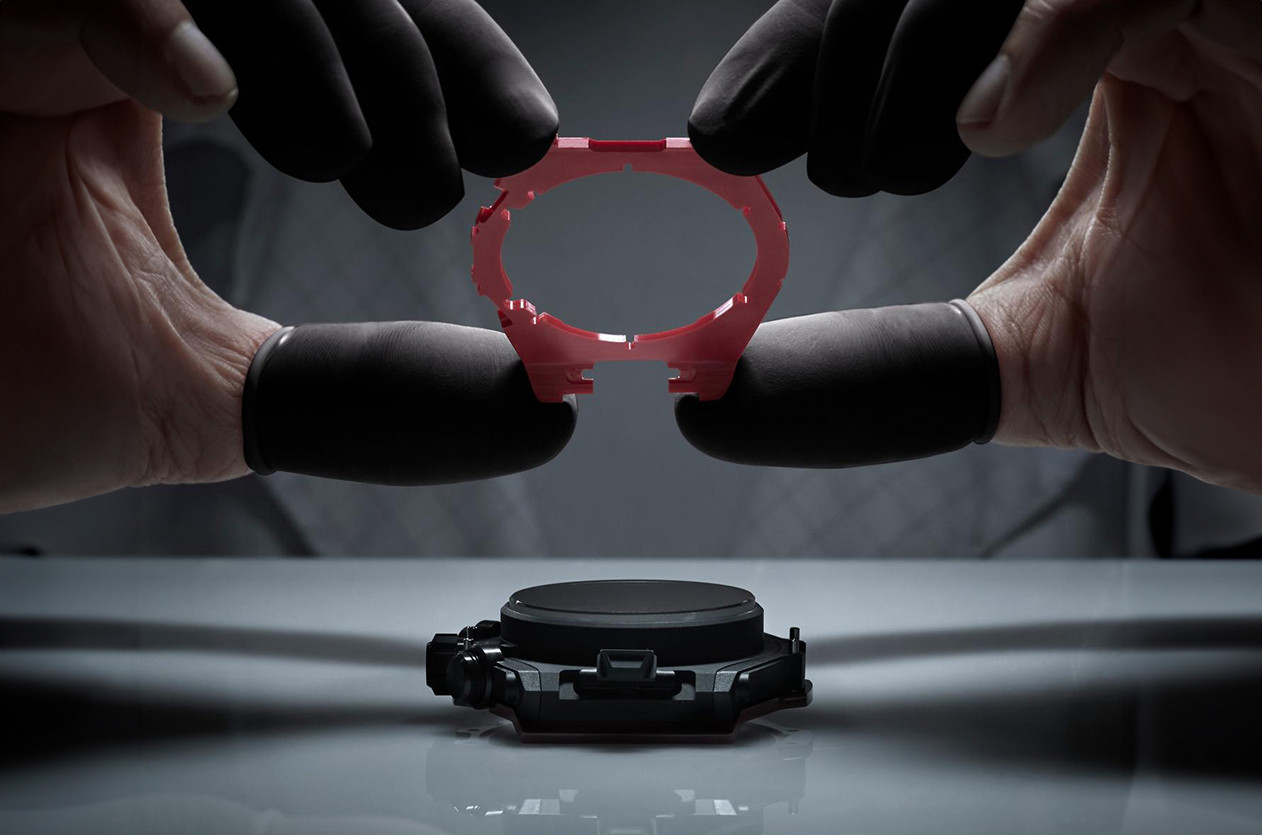
Introducing Bell & Ross Unveils the BR-X3 Collection
Welcome to the hub of the horoloy
Piaget's Renowned Skeleton Watches Receive a Ceramic Case for the First Time

Piaget has introduced the new Polo Skeleton Ceramic, marking the first time this high-tech material is used in the Polo Skeleton collection. While ceramic is a novel addition for Piaget, skeletonization is not; it first appeared in the brand’s catalog in 1948.

The Polo Skeleton model made its debut in 2021, initially in steel and later in rose gold and white gold. Skeletonizing an ultra-thin timepiece is a significant challenge, requiring exceptional skill to balance aesthetic beauty with functional reliability, especially when using a hard material like ceramic. It took Piaget three years to achieve this feat.

The watch features a 42mm case that is only 7.5mm thick. According to Piaget, developing the Polo Skeleton Ceramic took three years, with the primary challenge being to maintain the watch’s signature ultra-thin profile in ceramic.

Piaget had to design a new case from scratch. The black ceramic case, bezel, and crown are complemented by a titanium container, treated with black DLC to match the ceramic, which houses the remaining components. This construction provides 50 meters of water resistance.

The skeleton dial, featuring bridges made of titanium, is distinguished by its polished black rim, which displays luminescent trapezoidal indexes filled with blue Super-LumiNova. This luminescence extends to the minute and hour hands. For the first time, the 'PIAGET' inscription on the blue micro-rotor is also luminescent.

Inside the case is Piaget’s in-house Caliber 1200S1, an ultra-thin skeleton automatic movement. At just 2.4mm thick and operating at 3 Hz, this movement offers a 44-hour power reserve.

The Piaget Polo Skeleton Ceramic is fitted with a black rubber strap and a steel and titanium folding clasp, and it also comes with an additional blue rubber strap. The watch is priced at USD 42,900, which is equivalent to approximately AED 158,000.
For more information please visit Piaget’s official website.

Introducing L.Leroy Unveils the Osmior “Bal du Temps”

Introducing The New A. Lange & Söhne Richard Lange Jumping Seconds

Hands on The Summit Collection: A Strong First Step for New Brand Earthen

Introducing Naissance d’une Montre 3, Ferdinand Berthoud’s Masterpiece for the Tenth Anniversary

News Trump Hits Swiss Imports With 39% Tariffs

Editorial What is the reason behind the scarcity of Rolex watches in boutiques?

News Dubai Watch Week 2025 Will Be the Largest Ever with 90 Brands Participating

Technical The Frequency, Why It Matters in Mechanical Watches

Editorial The Secrets of Watch Case Design

Editorial Abraham-Louis Breguet, The Father of Modern Horology

Introducing Hanhart Unveils the Limited Edition Preventor HD12 Silk Purple
Comment Delete Text
This page is available in English only. Please click below to visit Arabic Home page!